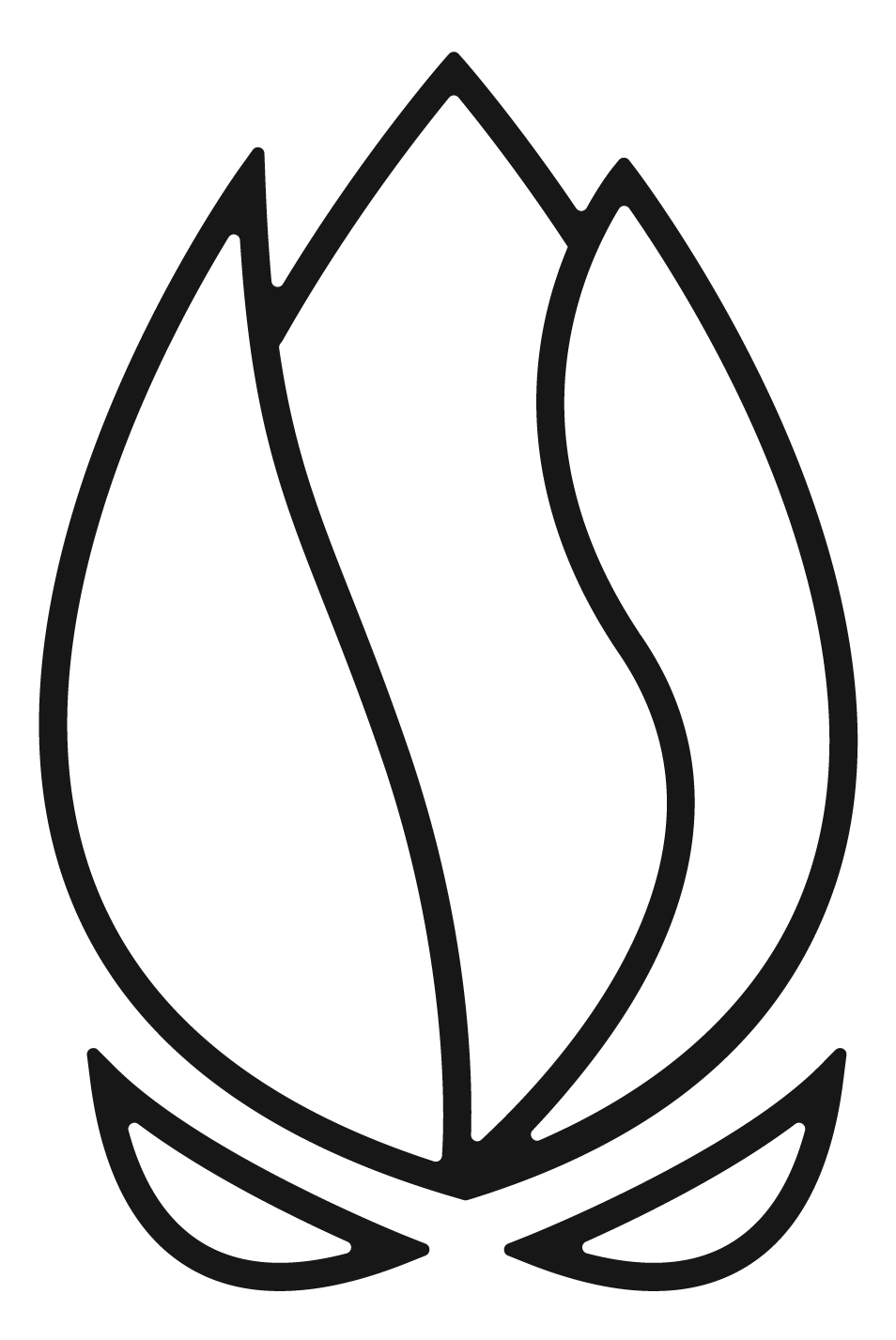Understanding Cardiovascular Health
One of the most prevalent health challenges in modern society is dysfunction within the cardiovascular system—which includes the heart, arteries, veins, and blood. But why is this system, so central to our vitality, now so commonly affected?
The answer lies in asking a deeper question: What are we doing in our daily lives that is damaging this essential system? From chronic stress and poor nutrition to sedentary habits, inflammation, and environmental toxins, our modern lifestyle places an immense burden on cardiovascular health.
Exploring the root causes—and not just managing symptoms—is the first step toward true prevention and long-term heart health.
A Holistic Understanding of the Cardiovascular System
Imagine the cardiovascular system as a closed-loop network, much like a vacuum drawing fluid through a series of progressively narrower pipes. In this analogy:
The heart acts as a vacuum—not simply a pump—pulling blood through the system.
Oxygenated blood, enriched by the lungs, travels through large arteries that branch into smaller and smaller vessels until it reaches the capillaries, where the blood comes into contact with individual cells.
Oxygen is released into the cells to fuel energy production.
The now deoxygenated blood returns through a network of increasingly larger veins, eventually arriving back at the heart to be sent once again to the lungs for reoxygenation.
This elegant, rhythmic cycle repeats continuously—and any disruption or damage along the way can have profound consequences.
What Causes Cardiovascular Disease?
At any point in this system, inflammation can damage tissues and compromise function. This damage—whether to the heart, arteries, veins, or blood—is what we broadly refer to as cardiovascular disease. The specific diagnosis depends on where the damage occurs, but because this is a closed and interdependent system, dysfunction in one part inevitably impacts the whole.
For example:
Damage in the arteries may present as atherosclerosis or high blood pressure.
Damage in the veins may lead to varicose veins or venous insufficiency.
Inflammation in the heart muscle or valves can result in heart disease or failure.
But all of these conditions share a common root: inflammation.
Treating the Cause, Not Just the Symptoms
In our clinical experience, identifying the source of inflammation is key to resolving cardiovascular issues. Through the use of targeted natural therapies—including homeopathy, herbal medicine, nutritional protocols, and detoxification support—we work to restore balance and reduce inflammation at its root.
Of course, there are structural issues, such as heart valve damage, that may require surgical intervention. But for most cardiovascular conditions, particularly those driven by inflammation, the body can heal when given the right support.
Rethinking Cholesterol
It’s important to dispel a common myth: cholesterol is not the enemy. In fact, cholesterol acts as a natural antioxidant, helping to repair damage and reduce inflammation in the body. The notion that cholesterol causes cardiovascular disease has been widely challenged in the scientific literature.
A highly recommended resource on this topic is "The Cholesterol Myths" by Dr. Uffe Ravnskov, which offers a well-researched perspective on the misunderstood role of cholesterol in heart health.
In Summary
By understanding the cardiovascular system as a dynamic, interconnected whole, and by focusing on reducing inflammation rather than merely treating symptoms, we empower the body to restore its natural rhythm and function. Through natural, non-toxic interventions, we support cardiovascular health—not just to manage disease, but to promote true healing.


